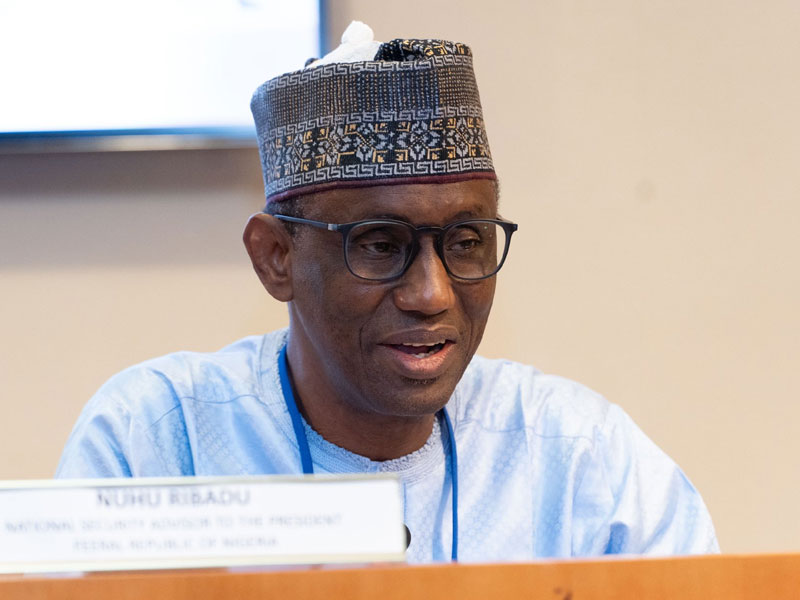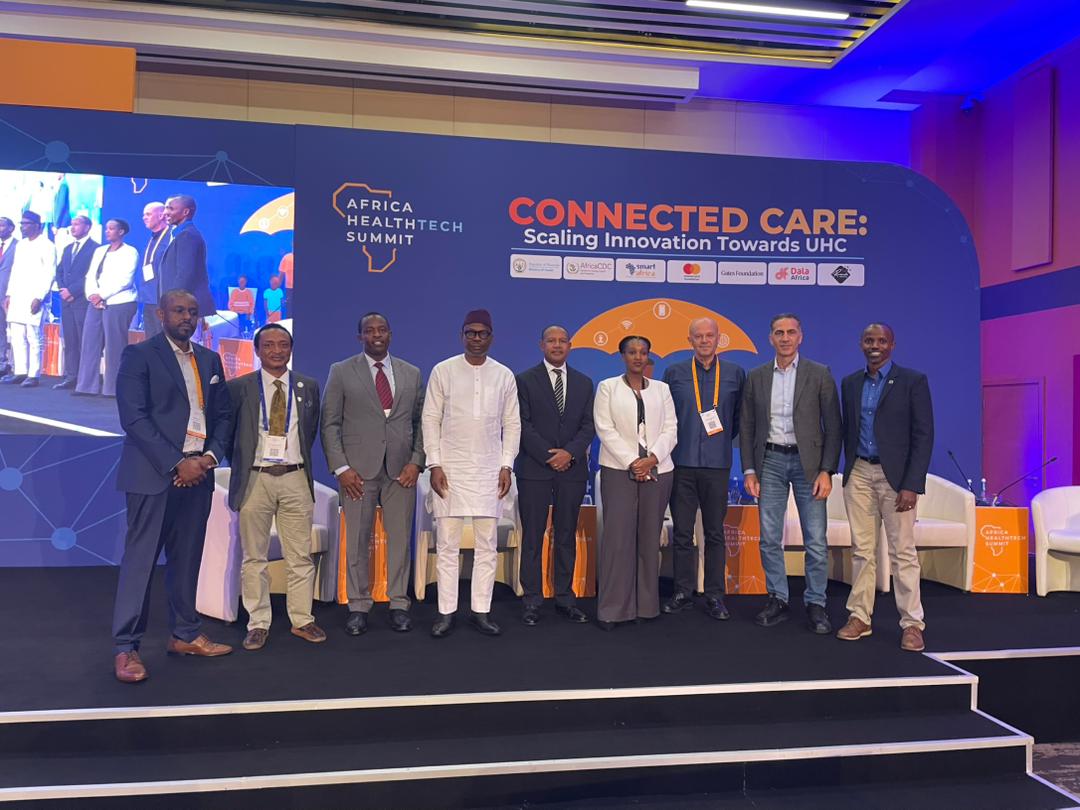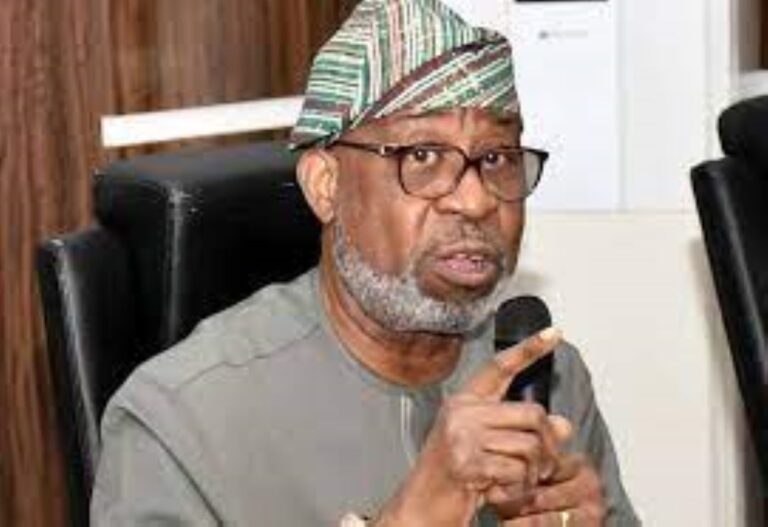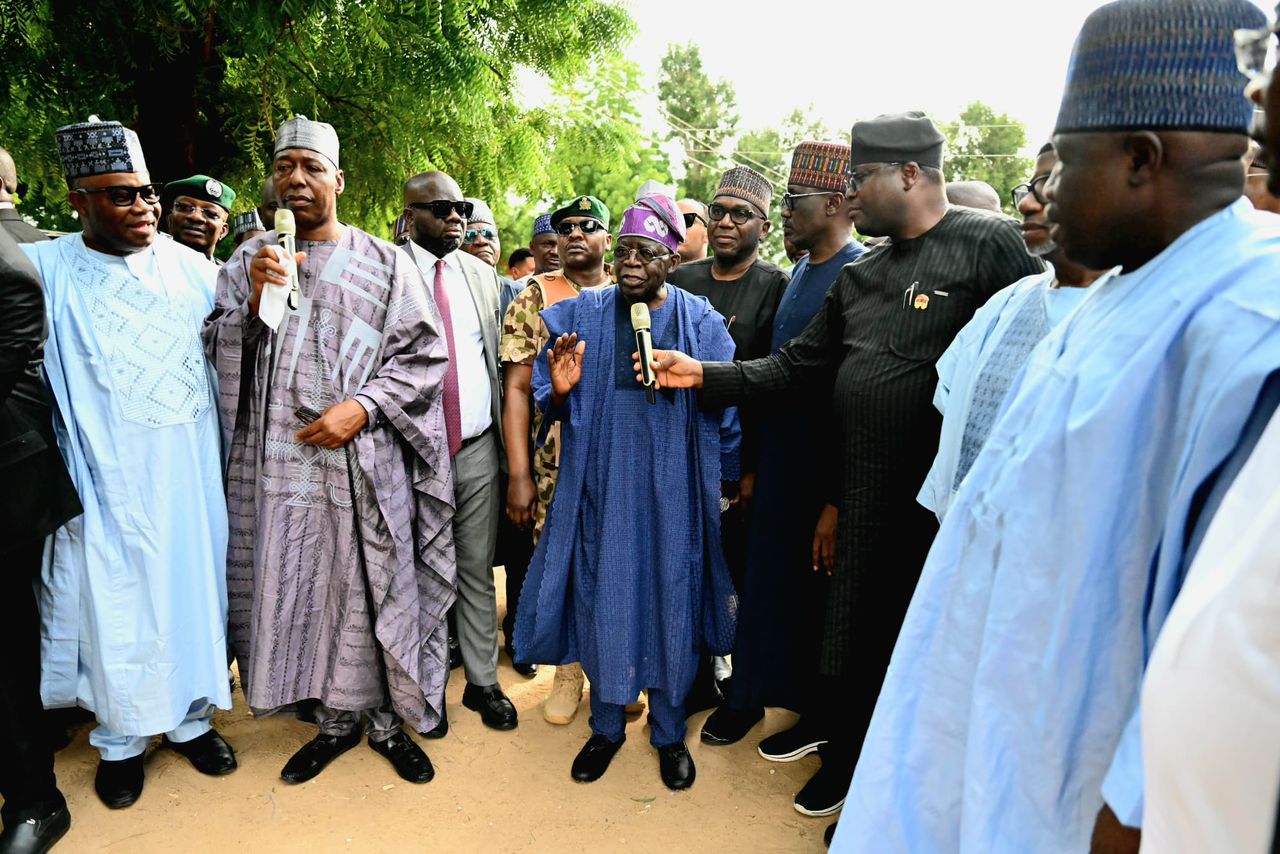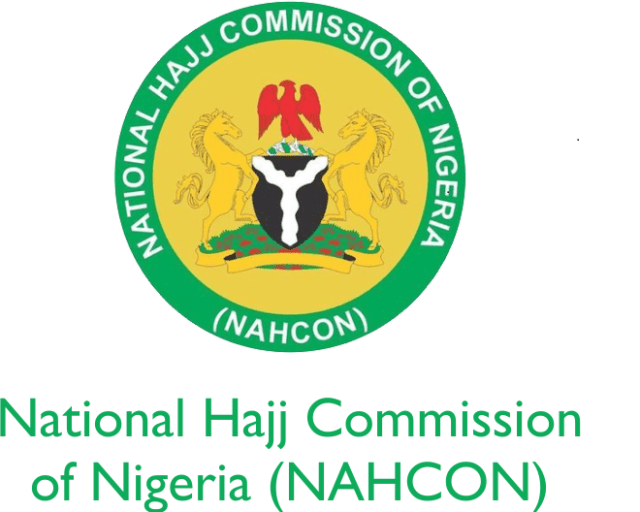Delta State, REA Sign Landmark MoU to Unlock Renewable Energy Investments, Drive Industrial Growth
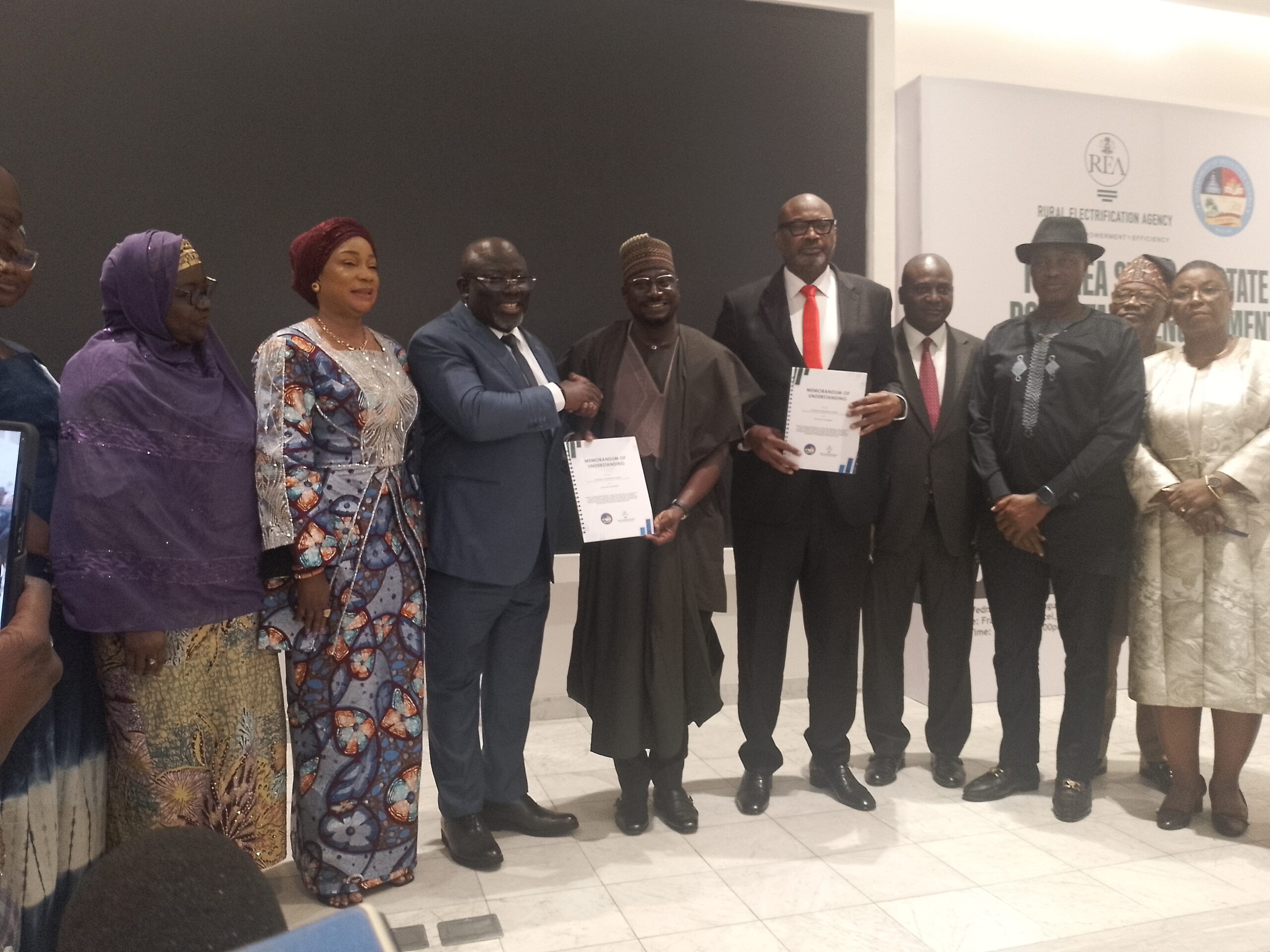
By Fatima Saka
The Delta State Government and the Rural Electrification Agency (REA) on Wednesday signed a landmark Memorandum of Understanding (MoU) under the State-by-State Roundtable Engagement, aimed at unlocking distributed renewable energy investments to drive industrial growth and inclusive access across the state.
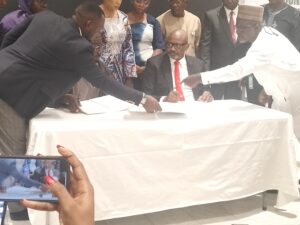
Giving his speech at the signing ceremony in Abuja, Governor Rt. Hon. (Elder) Sheriff F.O. Oborevwori described the agreement as a turning point in Delta’s quest to leverage renewable energy for economic transformation, job creation, and improved social services.
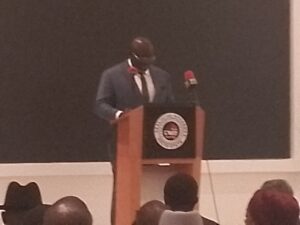
“Access to renewable energy is not just about electricity, it is the cornerstone for unlocking productivity, attracting investments, and enhancing livelihoods in underserved communities. Delta State is committed to using this initiative to power healthcare, education, local industries, and enterprise development,” Oborevwori declared.
The partnership, which aligns with Delta State’s Medium-Term Government Plan (2024–2027) and its MORE Agenda, prioritizes sustainable development and inclusive growth. Governor Oborevwori emphasized that renewable energy provides a “golden window” for Nigeria to leapfrog outdated infrastructure, reduce reliance on fossil fuels, and embrace sustainable power sources such as solar, wind, hydro, and biomass.
Reassuring investors, the Governor pledged a business-friendly environment: “We are not here to talk; we are here to do business. Delta State is ready to remove bureaucratic obstacles and ensure every investment in renewable energy yields sustainable returns.”
Setting the tone of the REA Endorsement of Delta’s Energy Strategy, Abba Aliyu, Managing Director of the REA, praised Delta’s proactive policies, including its state electricity law and distributed renewable energy strategy, which he said positioned the state as a top destination for green investments.
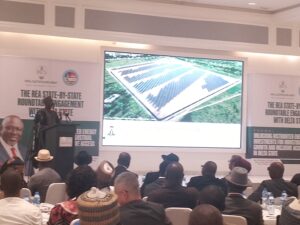
“We are not looking for money, we already have $1.16 billion ready to catalyze distributed renewable infrastructure across Nigeria. What we need are strong partners like Delta State that have created a clear policy environment for investors. This MoU provides exactly that,” Aliyu stated.
He highlighted Delta’s bold energy initiatives, including the 8.5MW independent power plant in Asaba designed to supply power to government institutions, alongside rural electrification schemes serving underserved communities.
Aliyu projected that Delta’s adoption of renewable energy could add $2.9 billion to the state’s GDP and create over 31,000 jobs without requiring major direct expenditure from the government.
He further noted that Delta was one of the few states already aligning with the 2023 Electricity Act, having pioneered initiatives such as the State Electrification Strategy, establishment of a State Market Operator (SMOE), and strengthening of rural electrification structures.
Delta as a Renewable Energy Hub, beyond the power generation, discussions at the roundtable also explored positioning Delta State as a hub for renewable energy manufacturing. Aliyu disclosed ongoing talks with investors considering solar PV assembly plants worth over $53 million, stressing that the right policy environment could make Delta a renewable manufacturing hub for West Africa.
“Nobody wants to invest where there is no return on investment. This cannot be business as usual. Delta is committed to creating a friendly business environment, removing bureaucratic bottlenecks, and guaranteeing investor confidence,” Aliyu assured.
Presenting Renewable Energy as a Catalyst for Rural Transformation, Engr. Doris Uboh, Executive Director of the REA, detailed the agency’s record of achievements, including the deployment of 125 mini-grids, 25,000 solar home systems, and electrification of over 200,000 households across 183 rural communities nationwide. “These initiatives, she noted, had already attracted $5.8 billion in private investment and created more than 18,000 jobs.”
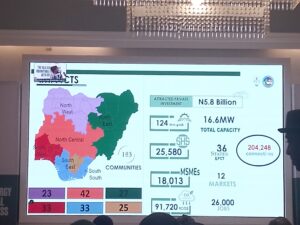
In Delta, she cited the Ogonoko community mini-grid, a 120-kilowatt system powering a fishing community that has since requested expansion due to rapid economic growth, as an example of the transformative potential of renewable energy.
Uboh also introduced REA’s flagship eHEARTS Program (Energizing Health, Education, Agriculture, Rural Communities, and Transportation via e-Mobility), which targets 25 communities per state, delivering at least 2.5MW of off-grid renewable power to each. Key benefits include:
Healthcare Electrification: Powering primary health centres with solar for medical equipment, vaccine refrigeration, and clean water systems.
Education Support: Digital learning tools and school electrification.
Agriculture Boost: Solar cold storage, irrigation systems, and food preservation facilities.
Community Empowerment: Solar lighting, electrification for small businesses, and security-enhancing streetlights.
Clean Transport: Solar-powered tricycles and charging stations for rural mobility.
“This program alone has the potential to reach 3,700 communities nationwide, impact 42.4 million Nigerians, and cut over 67,000 metric tonnes of CO2 emissions,” Uboh explained.
Stakeholder Commitments and Next Steps, the roundtable drew participants from the World Bank, private sector players, energy service companies, and development partners, many of whom pledged support for scaling clean energy projects in Delta.
Both REA executives emphasized that the success of the partnership would depend on active collaboration among communities, private developers, and government institutions.
READ ALSO: Rural Electrification Key to Jobs, Security, Inclusive Growth in Nigeria — Aniagwu Emphasizes
S-Mahi Global Unveils Online Recruitment Drive with 4,644 Job Openings Nationwide
With over 60% of Delta’s communities still underserved by the national grid, the state-REA partnership is expected to accelerate electrification, drive industrial growth, and position Delta as a renewable energy hub in Nigeria.
The session ended with an interactive stakeholder engagement, where participants discussed investment opportunities, community readiness, and frameworks for fast-tracking renewable energy solutions in Delta State.

